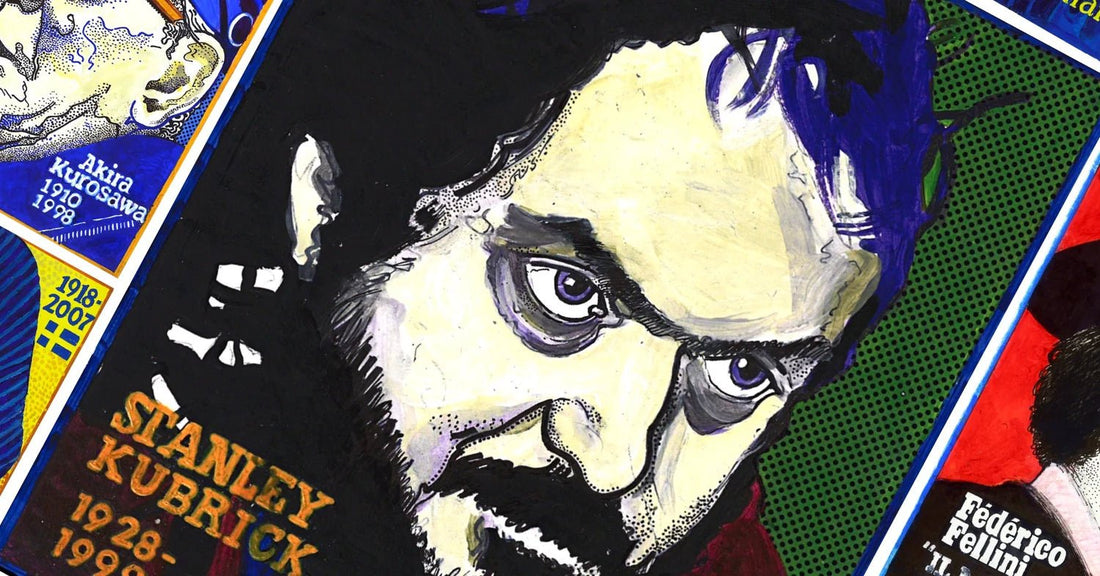
Life and Career of Stanley Kubrick
Share
Exploring the Life and Career of Stanley Kubrick
Stanley Kubrick is widely regarded as one of the greatest filmmakers in history. He was known for his distinct visual style, meticulous attention to detail, and uncompromising approach to filmmaking. In this article, we'll explore the life and career of this legendary director, examining his early years, his breakthrough films, and his enduring legacy in the world of cinema.
Early Years
Stanley Kubrick was born in New York City in 1928. He was the son of Jewish immigrants from Eastern Europe, and his family was not well-off financially. Despite this, Kubrick showed an early interest in photography, and began taking pictures when he was just 13 years old. He later became a staff photographer for Look magazine, and used the skills he learned there to create the striking visual style that would later define his films.
Breakthrough Films
Kubrick's breakthrough film was 1960's "Spartacus," a historical epic starring Kirk Douglas. The film was a critical and commercial success, and solidified Kubrick's reputation as a major director. He followed it up with "Lolita" (1962), a controversial adaptation of Vladimir Nabokov's novel about a man's obsession with a young girl. The film was banned in several countries, but still managed to be a commercial success.
Kubrick's next film, "Dr. Strangelove or: How I Learned to Stop Worrying and Love the Bomb" (1964), was a dark comedy about nuclear war that remains one of his most beloved works. It was followed by "2001: A Space Odyssey" (1968), a science-fiction epic that is widely regarded as one of the greatest films ever made. The film was a technical and artistic triumph, and Kubrick's attention to detail and visual style were on full display.
Later Career
In the 1970s, Kubrick's films became more controversial and experimental. "A Clockwork Orange" (1971) was a dystopian vision of the future that was banned in several countries, while "Barry Lyndon" (1975) was a lavish historical drama that used natural lighting and other techniques to create a unique visual style. Kubrick's last film, "Eyes Wide Shut" (1999), was a psychosexual drama starring Tom Cruise and Nicole Kidman. The film was released shortly after Kubrick's death, and is considered by many to be a fitting swan song for the director.
Legacy
Stanley Kubrick's influence on cinema is undeniable. His films were groundbreaking in terms of their technical innovations, storytelling, and visual style. He was also known for his meticulous attention to detail and his uncompromising approach to filmmaking. His work has influenced countless filmmakers, and his impact on the medium continues to be felt to this day.
In conclusion, Stanley Kubrick was a visionary filmmaker whose work has left an indelible mark on the world of cinema. His groundbreaking films, attention to detail, and uncompromising approach to filmmaking have made him one of the most respected and celebrated directors in history. Kubrick's legacy will continue to inspire and influence future generations of filmmakers for years to come.
